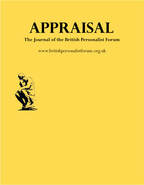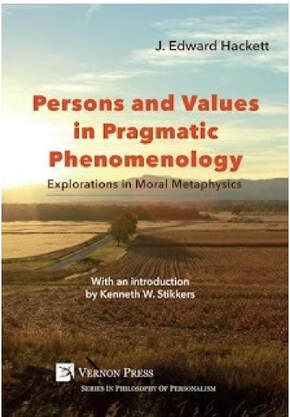|
|
Appraisal Vol. 11 No. 4, Spring 2018
|
Vernon Press PresentsPersons and Values in Pragmatic Phenomenology
|
Rooted in the philosophical contributions of Scheler and the American philosopher, William James, this book guides the reader through a fascinating exploration of these philosophical approaches in relation to the person and values. Through thematizing experience, this book reveals that the ontology of value for Scheler resides not only in a person’s intentionality but also in the being-of-an-act. As such, this book argues that the deficit of an ontology of value in Scheler rests on interpreting his affective intentionality in much the same way that Heidegger employed phenomenology to discern the ontological care structure of Dasein. In other words, for Scheler, the ontology of value rests on the manner in which values were realized by a person’s intentionality. Moreover, this book goes further to reveal that the intentional act life is the source of participation and can be understood as a process-based account of value, otherwise known as account participatory realism. Importantly, within participatory realism Hackett addresses how values have their origin in the process of intentionality since intentionality is generative of meaning.
As an important contribution to the field of moral metaphysics, Hackett’s critical reflection on the person and values provides a stimulating insight into some of the key debates surrounding pragmatism and phenomenology that will be of great interest to both experienced scholars and researchers, alike.
As an important contribution to the field of moral metaphysics, Hackett’s critical reflection on the person and values provides a stimulating insight into some of the key debates surrounding pragmatism and phenomenology that will be of great interest to both experienced scholars and researchers, alike.
|
|
|
|
|
|


